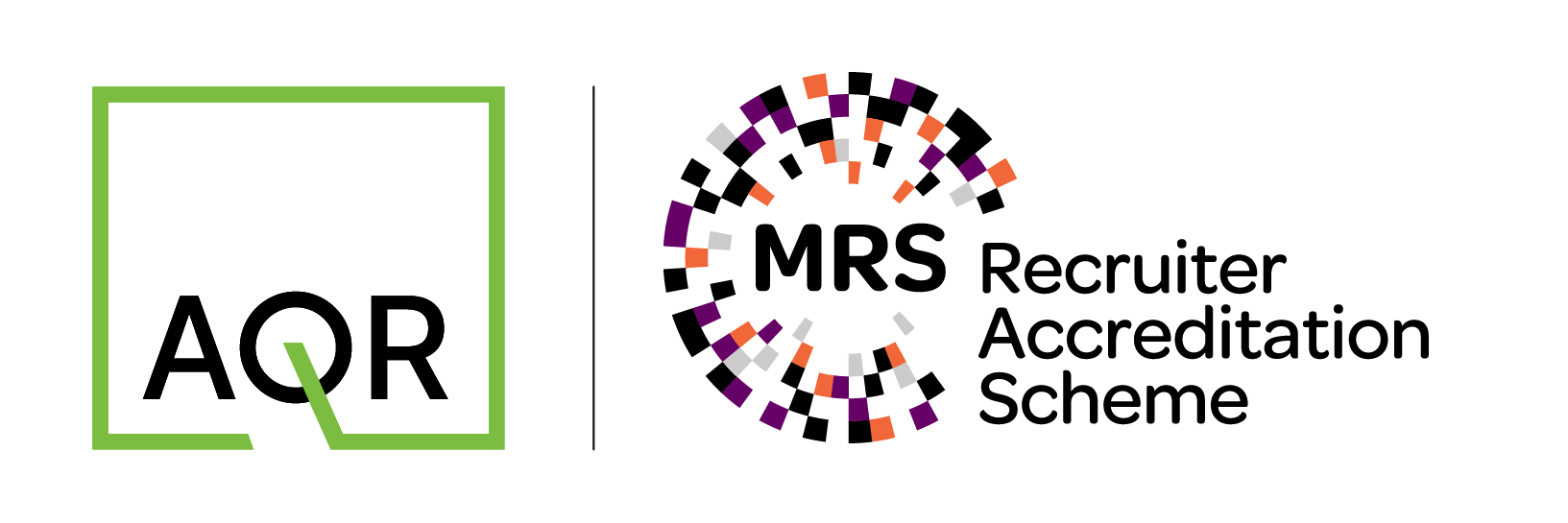All MRS websites use cookies to help us improve our services. Any data collected is anonymised. If you continue using this site without accepting cookies you may experience some performance issues. Read about our cookies here.
To enlarge video please either pause the video and then press the F key on your keyboard or select full screen button option located on the bottom right of the video.
You are currently not logged in. Any progress made will be lost.
Accepting a project for recruitment
Your responsibilities as a recruiter
As a recruiter you have a vital role to play in the outcomes of research projects. Once you have accepted a project for recruitment your client will expect you to be responsible for the management of the recruitment. Your role will be to recruit participants to the correct quotas, follow data protection legislation, and ensure that participants turn up well prepared and on time with any pre-tasks completed.
Recruitment communications
Communications that you have at the beginning of any project are key to a successful outcome. Establish at the outset when your client wants any recruitment to be completed and at what intervals they want updates. Some clients may only want to know the number of participants you have recruited each day, whilst others may want recruited participants’ profiles on a daily update.
Clients should brief you on any project’s aims and objectives. They should provide written details of their exact requirements with the number of participants required, dates, times, venues, incentives and any pre- or post-tasks – this is the specification. These requirements are commonly called “the spec” or “the brief”. The client should provide you with a questionnaire, “the screener”, for use when recruiting participants, although some companies do not write screeners and may want you to recruit directly from their specification.
Once you have received all the documents for a project read them through carefully. Clients may have forgotten to tell you, or miscommunicated, vital information that impacts on your ability to recruit for a project e.g. that there is a two week pre-task starting tomorrow! Always cross-reference the spec with the screener to make sure that the quotas, timings etc. listed on the spec match the ones in the screener. If there is any discrepancy don’t try to second guess which is correct, always check with your client.
Be inquisitive about the types of participants the client is looking for as this will help you when you start screening. The more you can ask about the research project and the types of people the client wants to speak to the better – they may even have a pen portrait or person specification that they would be happy to share with you. If there are attitudinal statements spend some time asking questions around them so that you can really understand what attitudes or behaviours are required. All this additional information will offer you reassurance that participants are on spec when you are screening.
Starting the recruitment process
Clients occasionally want recruiters to start recruitment before all quotas or venues (if applicable) are finalised. It is advisable not to start recruitment until everything is signed-off by your client as the spec may change and quotas may be different which means you may have to cancel participants you have already recruited. You may then find yourself in a conversation with your client about payment for those participants. Always make sure you get final sign off of your specification in writing rather than verbally for this very reason.
Challenging recruitment quotas
Sometimes a client may ask you to recruit a project that you don’t think you can fulfil. You need to assess what, in your professional judgement, is achievable and be honest with the client at the beginning of such discussions. It is worth negotiating about what you can achieve e.g. you may be able to find three high net worth participants but not two groups of eight. You may wish to agree with the client that you accept the project on a “best efforts” basis. The client may then split the recruitment between two or more recruiters.
Clients may want projects recruited using certain recruitment methods and some clients may specify that they do not want recruiters to use social media for recruitment. When recruiting from a client list or database that has email addresses it is tempting to email the list. However, there are legal restrictions as to whether you can email people on a client list or database, depending on what contact methods were agreed initially and also what consent permissions are in place (see the separate module for data protection). Never email a client list or database without prior agreement from your client.


